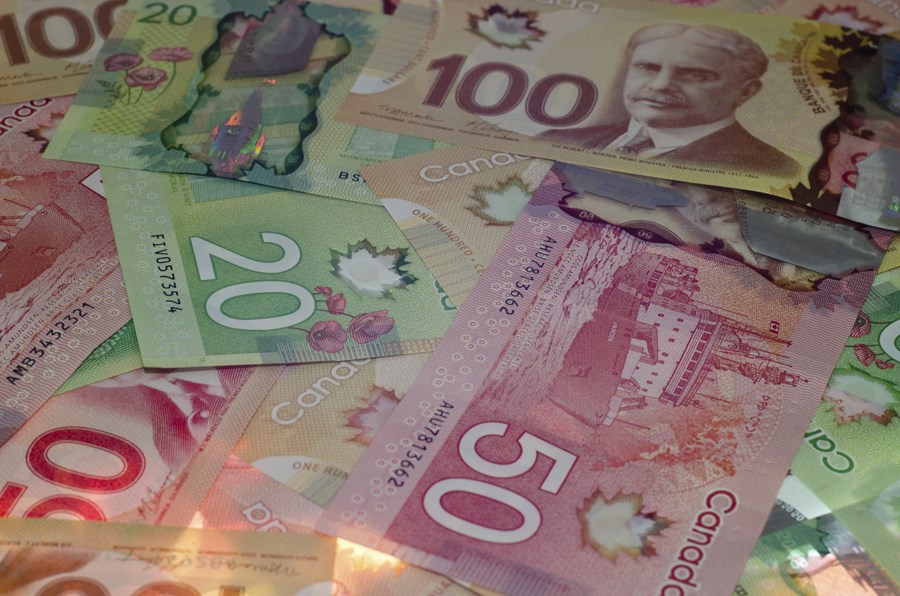City council will consider a four-per-cent increase to the property tax levy when a meeting to set the budget for 2019 is held on Monday.
The hike, if approved, will work out to $4.15 million and will raise the total levy to $103.7 million.
$1.95 million of the increase will be needed to maintain core services and contractual commitments, city finance director Kris Dalio says in a report to council.
Out of that, $1 million will cover the new Employers Health Tax, based on a rate of 1.95 per cent of the city's payroll. The EHT was invoked by the provincial government to replace the Medical Services Premium.
A further $1.5 million will go towards snow control, raising that budget to $8.5 million while road rehabilitation will get a $650,000 boost and push that budget up to $5.65 million.
The hike to snow control comes after the cost of winter sand pickup, amounting to $1 million per year, was transferred from the road service category to more accurately account for the true cost of the service.
In 2018, when a massive dump of snow struck the city in February, the city spent $9.7 million on snow control, well above the $7 million allocated. As a result, the entire reserve for the function was emptied and a further $79,773 was taken from general service to cover the cost.
In addition to taking on the cost of winter sand pickup, the $1.5 million increase is also meant to account for the "rare capital expenditures that the snow control function faces," Dalio says.
And in answer to the volatility in the amount of snow that can fall on the city from one year to the next, staff is also hoping it will be enough to generate a reserve equal to 25 per cent of the service's net expenses, or $2.125 million.
The $650,000 increase to road rehabilitation will go towards maintaining bridges, gravel roads and urban lanes. At $5.65 million, the budget still falls well below the $7 million staff recommended in 2011 following an analysis by the asset management division.
A remaining $50,000 will go into the general infrastructure reinvestment fund, raising it by two per cent to $2.55 million to keep pace with inflation.
On a percentage basis, four per cent will have been the largest increase seen in at least the last five years. Hikes of 2.5 per cent were approved in 2014 and 2015, followed by 3.21 in 2016, 3.19 in 2017 and 1.87 in 2018.
For the average Prince George household, four per cent will amount to an $84.64 increase to the city's portion of the property tax bill, hiking the total to $2,200. The average assessed value for a home in Prince George was $278,509 in 2018.
As it stands, Prince George was in the middle of the pack in a comparison between nine B.C. cities of how much a typical homeowner paid last year.
Most expensive was Victoria at $2,795, followed by Maple Ridge at $2,358, then Kelowna at $2,136 and Kamloops at $2,121. At $2,116, Prince George was fifth, followed by Nanaimo at $2,081, then District of Langley at $2,050, then Saanich at $1,863 and Chilliwack at $1,803.
The meeting starts at 3:30 p.m. with a 15-minute public input session. A second input session is scheduled for 6 p.m.
The full agenda package is posted on the city website at princegeorge.ca. Click on City Hall, the Council Meetings and Agendas and scroll down.



